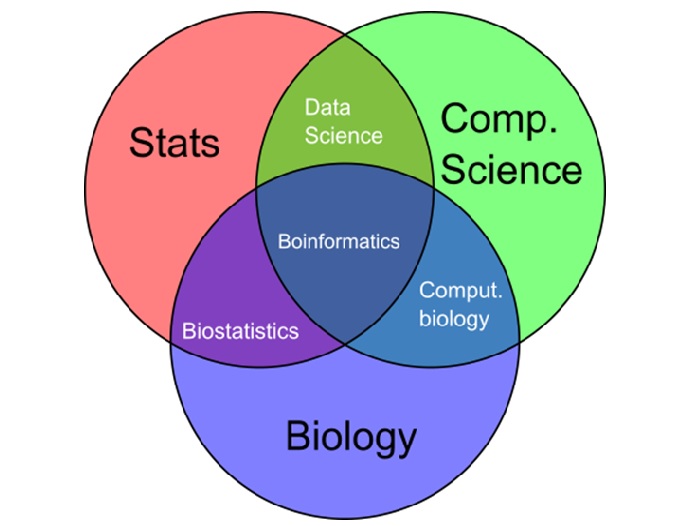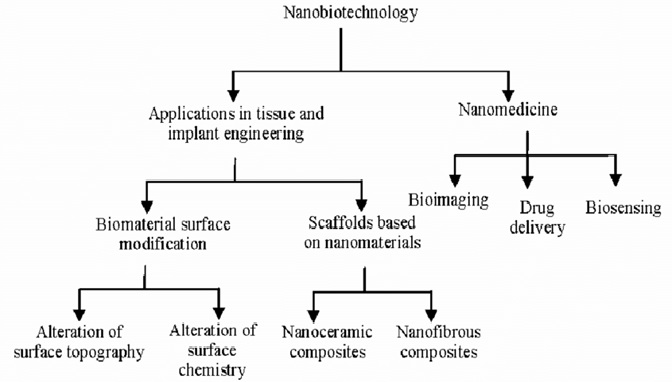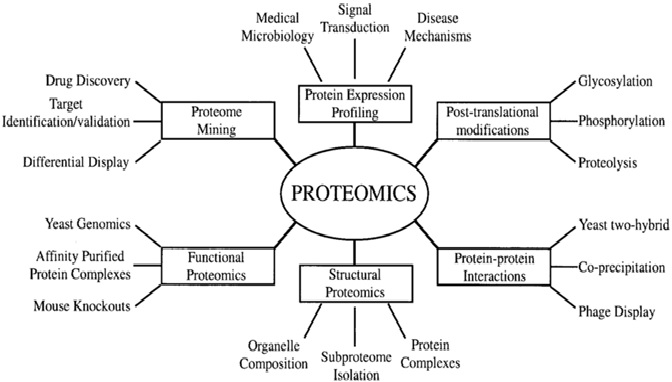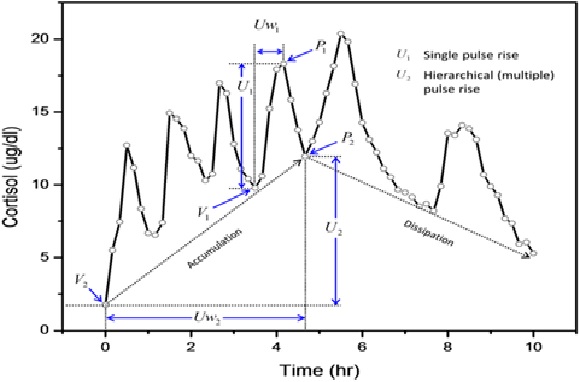Health Apps
Health apps are digital tools that can be downloaded and used on mobile devices or wearable technology to manage various aspects of health and wellness. These apps can help users to monitor their health metrics, track their fitness goals, manage chronic conditions, and access information and support for mental health and well-being.
To understand the potential of the industry in terms of business perspectives and investment, consider statistics data. For 2021, the global mHealth market was valued at $38.2 billion. From 2021 to 2028, the market is predicted to grow at a CAGR of 34,8%, registering a value of $314.60 billion. The growing penetration of smartphones, 5G technology implementation and the users’ consciousness over health issues provide an unprecedented rise in mobile healthcare technologies. The rise of mHealth demand increased mobile apps available in the App Store and Google Play market. Thus, for Q1 2021, there were 53,979 iOS healthcare apps and 53,054 apps available at Google Play.[1]

Figure .1 Health apps
Choosing the best health app involves considering which aspects of your health you’re seeking structure and guidance to improve on. You’ll also need to take into account your budget, the type of smartphone or device you will use, plus any other necessary tech that will work with your health app. Keep reading to learn more about the best health apps of 2023, and how to choose the best health app to reach your wellness goals.[2]
- Personalization:The development of apps that offer personalized recommendations and advice based on user data, such as health metrics, lifestyle factors, and preferences.
- Integration with wearables:The integration of health apps with wearable devices, such as smartwatches and fitness trackers, allowing users to track their health and fitness metrics more accurately.
- Mental health support:The development of apps that offer support and resources for mental health and well-being, including meditation and mindfulness apps, stress management apps, and apps for tracking mood and behaviour.
- Chronic disease management:The development of apps that can help patients to manage chronic conditions, such as diabetes, asthma, and heart disease, by tracking symptoms, monitoring medication, and providing support and resources.
- Telehealth:The integration of telehealth services, such as virtual consultations and remote monitoring, into health apps, allowing users to access healthcare services from the comfort of their own homes.
- 6Health data sharing:The development of apps that allow users to share their health data with healthcare providers, researchers, and other users, promoting collaboration and improving the quality of healthcare.
Health apps offer many potential benefits, including increased access to healthcare services, improved self-management of health and wellness, and greater engagement and empowerment for users. However, there are also challenges associated with health apps, including the need for data privacy and security, the potential for disparities in access and use, and the need for evidence-based design and evaluation to ensure the effectiveness and safety of these tools.
References:
- https://www.addevice.io/blog/medical-healthcare-apps-for-businesses
- https://www.si.com/showcase/health/best-health-apps
Cite this article:
Janani R (2023),Health apps, AnaTechMaz, pp.127















